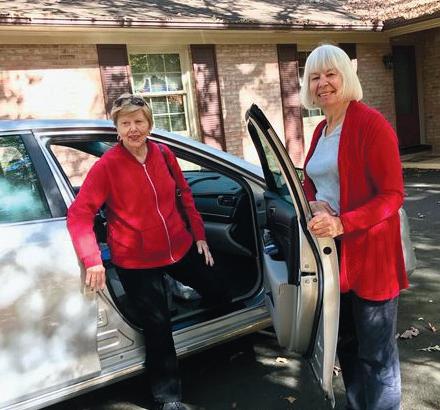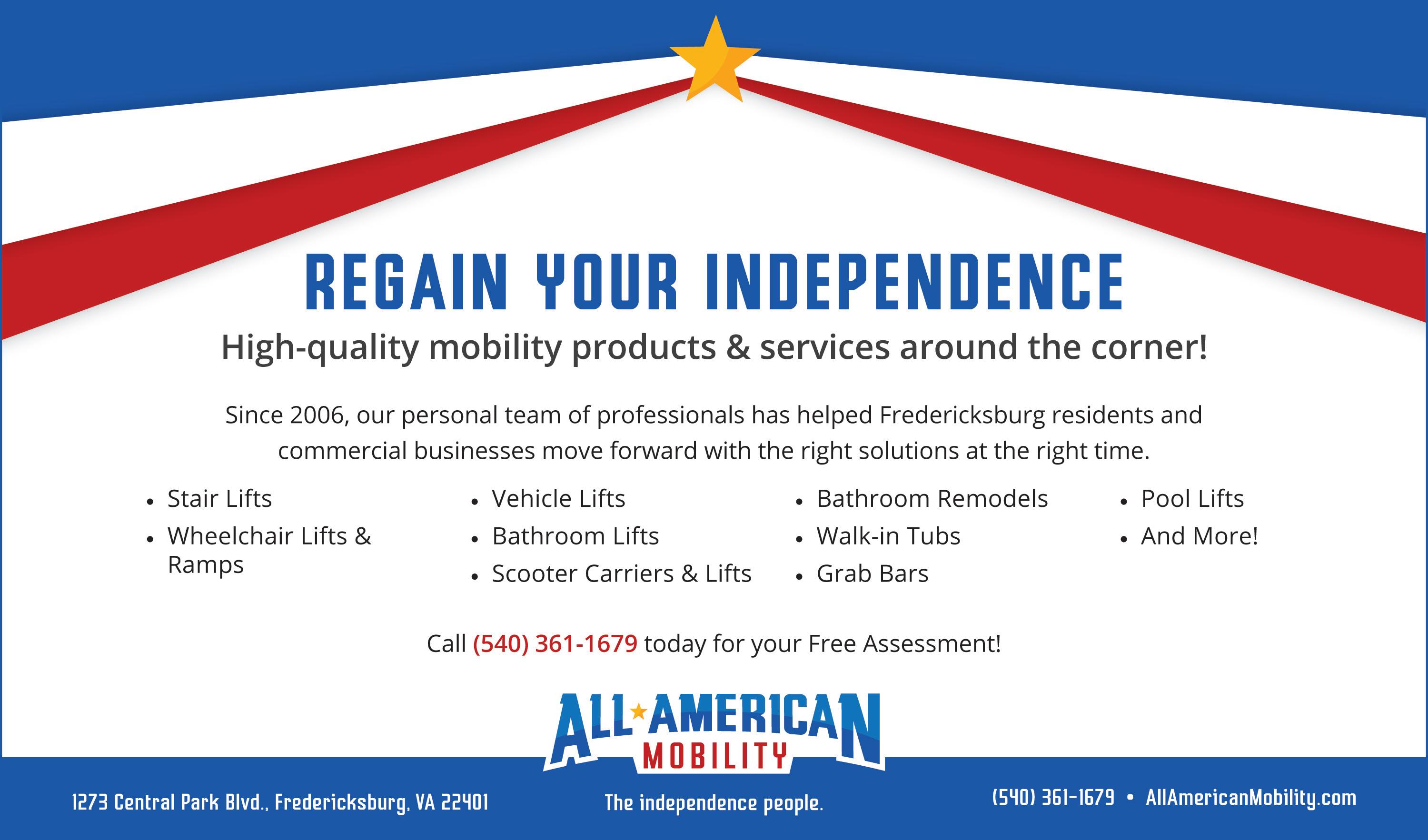
3 minute read
emancipated patients:: coaching for doc visits
Emancipated Patients
coaching for doctor office visits
Advertisement
By Patrick Neustatter, MD
When I saw that one of the services that LOWLINC offers is helping people prepare for a visit to their doctor, I felt like they were "singing my song." They were encouraging emancipated patient behavior. But in addition they introduced me to the whole new world of the virtual village. LOWLINC ( lowlinc.clubexpress.com ) is, in their own words, is "a charitable, nonprofit organization that provides services to enable older adults at Lake of the Woods, Virginia, to remain safely and independently in their homes, with continued connections to the community." Virtual villages like LOWLINC are being formed countrywide - an idea promoted by the organization Village to Village Network ( www.vtvnetwork.org ). It's a thing I didn't know about but apparently there are already some 75 just in the Washington area. They are membership-driven, grassroots, nonprofit organizations run by volunteers and paid staff to help people maintain their health, help with transport, home repairs, find reliable affordable handyman services, provide social and educational opportunities and more. My introduction came at one of the programs of the end of life positive planning group. A group I have mentioned before that I am helping run together with retired hospice grief counselor Gloria Lloyd. The group is made up of mostly old people interested in being proactive in how we slip gracefully into our dotage, but remain active, and ideally in our own homes. It's Not Rocket Science The coaching service LOWLINC provides to prepare for going for a doctor's visit is not rocket science. The idea is to help people get the most out of their hard to get, and usually all too brief, visit to the doctor's office. It uses things like the “ 'Talking to Your Provider" check list to encourage people to make a list of their concerns with pertinent questions. It tells people bring your medications (a point I would like to emphasize - and preferably bring them in the original bottles, as the label has lots of additional useful information

over and above just what kind of horse pills you are taking). It suggests you take a note pad to be sure you don't forget what your healthcare provider/doctor tells you - or better still someone else to hear and record what's said. That's where another LOWLINC service comes in. If you don't have a friend or family member available, they have a program of volunteers who will drive members to the doctor's office and go into the appointment as well. The idea of having volunteers attending the appointment with the member grew out of what started off as just a transporting service, explained retired nurse/educator Emily Slunt , one of the LOWLINC original volunteers and board member. A former chairperson of the health sciences department at Howard Community College in Maryland, she, together with fellow board member Carolyn Rourke , were the ones talking to our end of life group. "We found often the member wanted the driver to come in with them to their visit" Emily Slunt told me when I called her a few days after the program. So they started recruiting and training notetakers - putting them through role playing, orientation, and background checks. LOWLINC and other villages provide all sorts of other services and seem to me a great examples of community organizing, and people looking after themselves. But as I say, it is prepping people for their office visit, which is something I am always emphasizing as a low-tech, commonsense idea which can have a big impact, that I am particularly glad to see.
Patrick Neustatter is the Medical Director of the Moss Free Clinic. & Author of Managing Your Doctor - The Smart Patient’s Guide to Getting Effective Affordable Healthcare. managingyourdoctor.com










